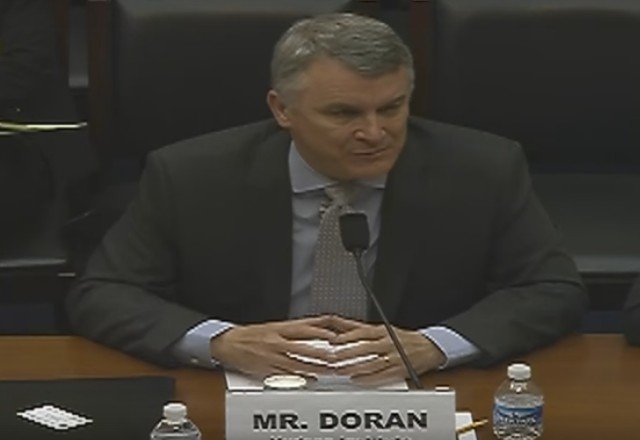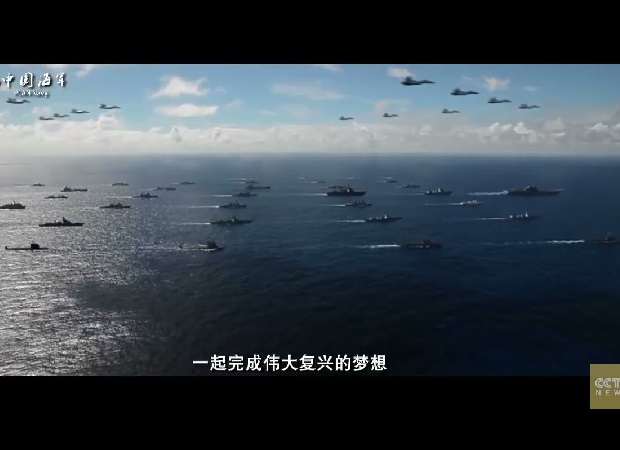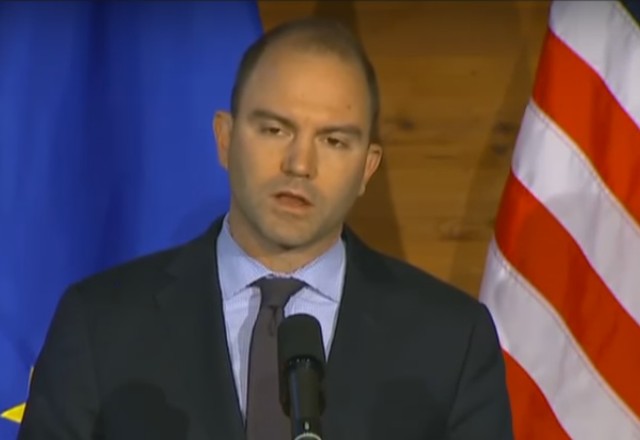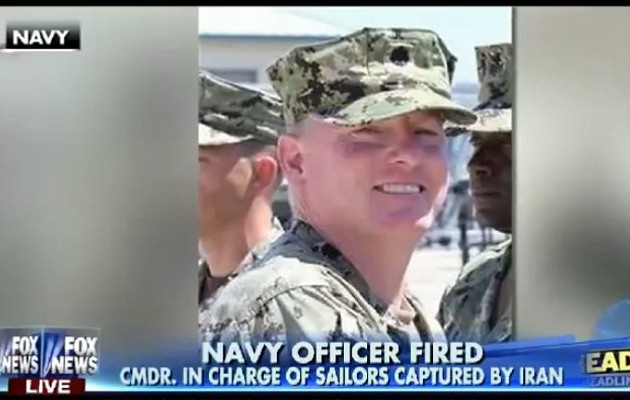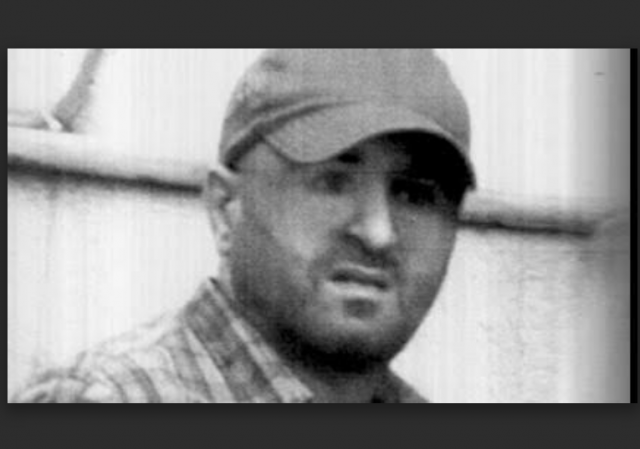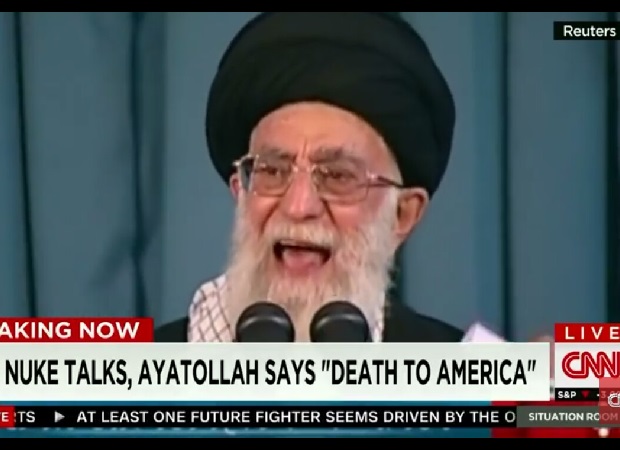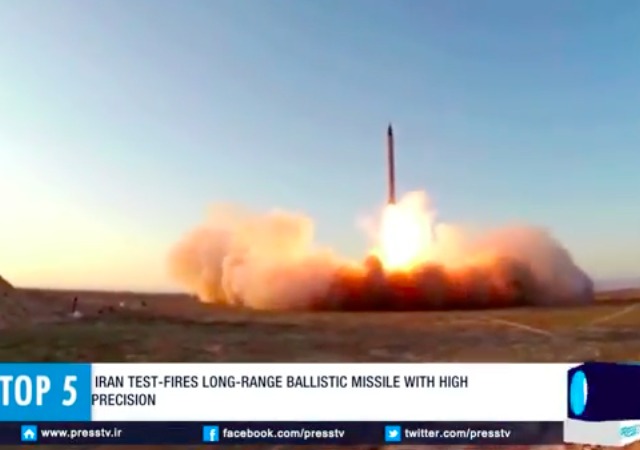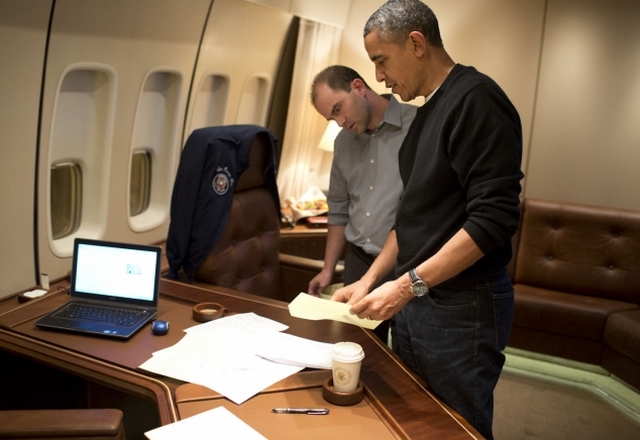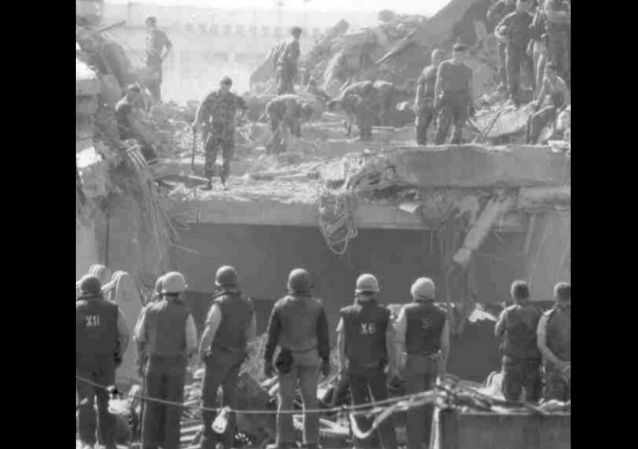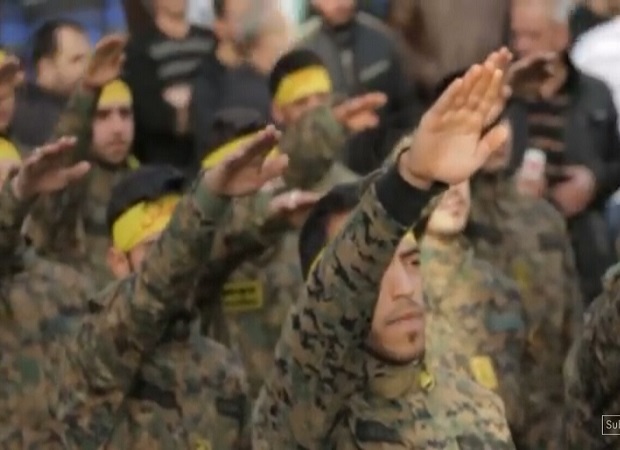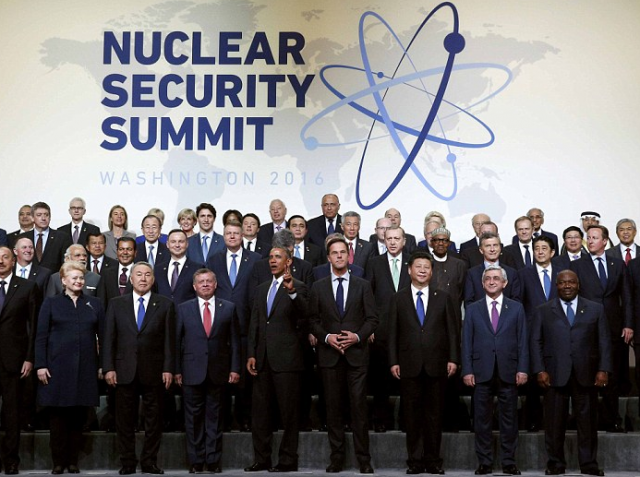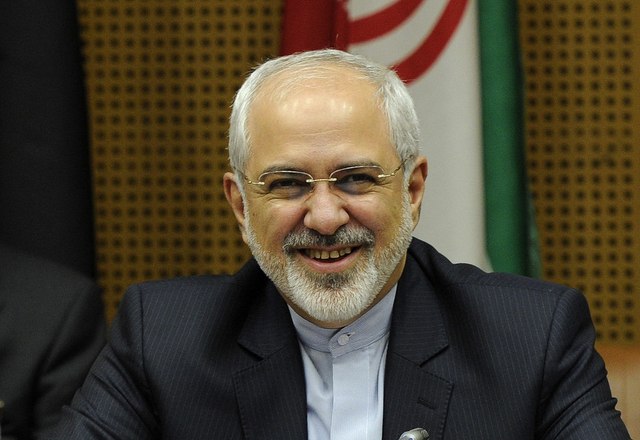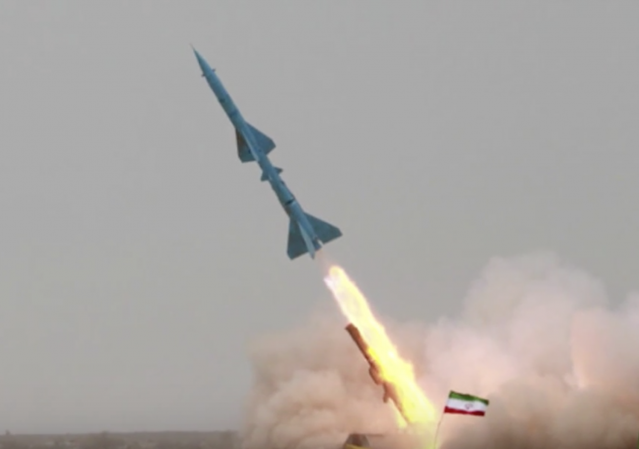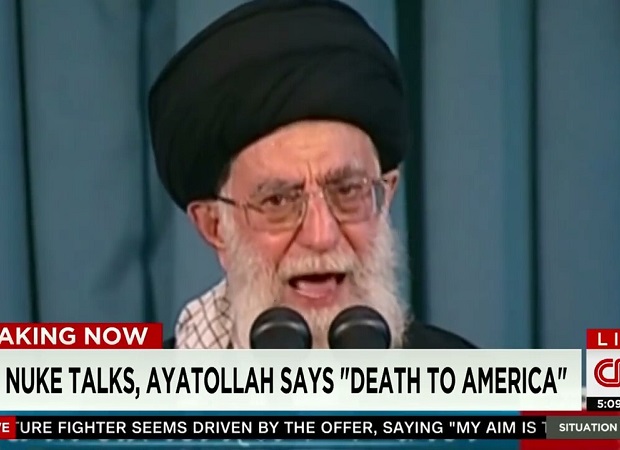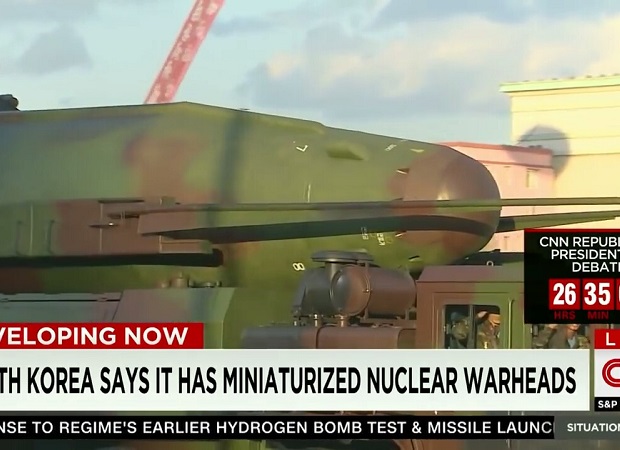The Five Deceptions of Obama-Rhodes Echo Chamber
on May 22, 2016
5 Comments
In his testimony last week before the House Committee on Oversight and Government Reform, concerning the grand Iran deal deception described in a recent New York Times article that was carried out by Obama and Deputy National Security Advisor Ben Rhodes, Michael Doran, a senior fellow at the Hudson Institute, laid out five areas where the White House deceived the American people.
First, Doran in his testimony established that even before he became president, Obama had expressed an interest in rapprochement with Iran. He cited former CIA chief and Defense Secretary, Leon Panetta, from The New York Times expose on the echo chamber saying that the administration knew that "They’d have gotten “the [expletive] kicked out of them,” if they had been upfront about their intention to engage Iran.
Doran summed it up:

